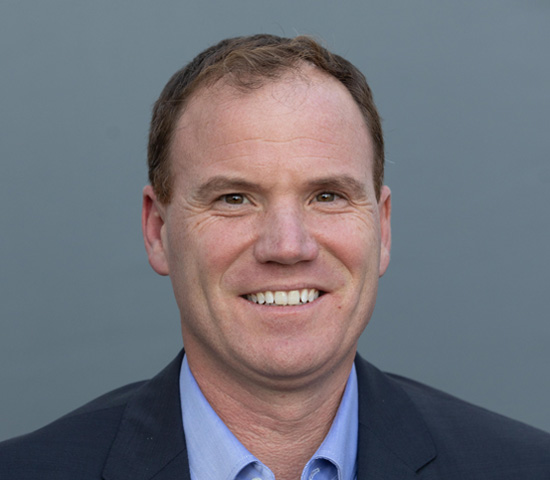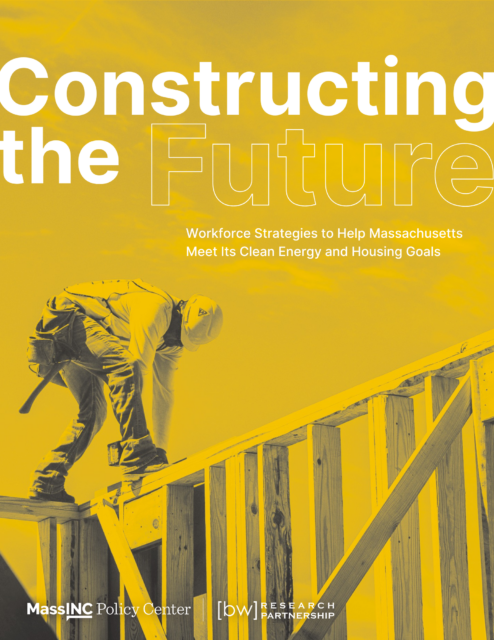
Phil Jordan
Vice President, Principal Researcher, BW Research
With nearly two decades of specialized research experience in clean energy and workforce development analysis, Phil leads BW’s East Coast climate and energy practice, driving innovation and design thinking strategies. Renowned for his exceptional project management skills and analytical insight, Phil excels in communication, problem-solving, and guiding strategic initiatives with strong technical skills in survey research, policy development, and stakeholder engagement. At BW, Phil has played a pivotal role in transforming how businesses and governments address energy and workforce challenges. His creation of a groundbreaking methodology for tracking energy jobs in the U.S. and Canada has contributed significantly to understanding the economic benefits of the clean energy transition. His expertise in economic development and workforce gaps within innovation industries has driven industry-leading policy changes and implementation.
Phil has advised numerous notable international governments, including his work for the U.S. State Department, supporting allied nations in their clean energy transitions and industrial decarbonization efforts. His strategic counsel has supported nations on policy formulation aimed at fostering economic growth and optimizing workforce planning, and his leadership in policy development and supply chain analysis has made him a trusted voice in the global energy and innovation economy.
Driven by a passion for creating equitable opportunities for underrepresented communities, Phil is committed to using data-driven planning to ensure a fair and economically prosperous future for all people. Phil has developed replicable models for community benefit planning that ensure diverse perspectives are heard. His on-the-ground experience with domestic and international stakeholders has shaped his understanding of national and global contexts, making him an invaluable asset in the transition to a more sustainable and equitable economy.
Phil holds a B.S. in Psychology with a concentration in Resource Economics from the University of Connecticut and a J.D. with a focus in Environment and Land Law from Boston College. He is a LUMA-certified Human-Centered Design Practitioner and serves as a Senior Research Fellow at Harvard University’s Ash Center for Democratic Governance and Innovation.
-
Constructing the Future: Strategies to Help Massachusetts Meet Its Clean Energy and Housing Goals
June 17, 2025
- Construction output has declined in recent years. Prompt action to stimulate demand is necessary to sustain this critical workforce and preserve long-term industry capacity.
- Assuming continued economic growth, scaling up the training system to meet workforce needs for housing and clean energy should be an attainable goal.
- Recent progress in racial, ethnic, and gender diversity presents an opportunity to expand the industry’s future labor pool.
- Reducing construction costs while maintaining competitive, family-sustaining wages will require meaningful gains in productivity.
